Premium Only Content
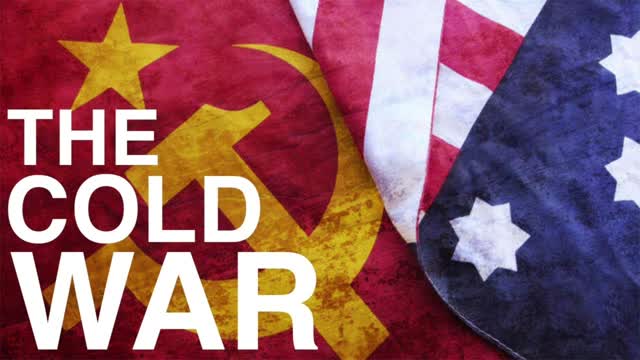
Cold war
Cold war
Collaboration among the major Allies had won the war and was supposed to serve as the basis for postwar reconstruction and security. However, the conflict between Soviet and U.S. national interests, known as the Cold War, came to dominate the international stage in the postwar period, assuming the public guise as a clash of ideologies.
The Cold War emerged out of a conflict between Stalin and U.S. President Harry Truman over the future of Eastern Europe during the Potsdam Conference in the summer of 1945. Russia had suffered three devastating Western onslaughts in the previous 150 years during the Napoleonic Wars, the First World War, and the Second World War, and Stalin's goal was to establish a buffer zone of states between Germany and the Soviet Union. Truman claimed that Stalin had betrayed the Yalta agreement. With Eastern Europe under Red Army occupation, Stalin was also biding his time, as his own atomic bomb project was steadily and secretly progressing.
In April 1949 the United States sponsored the North Atlantic Treaty Organization (NATO), a mutual defense pact in which most Western nations pledged to treat an armed attack against one nation as an assault on all. The Soviet Union established an Eastern counterpart to NATO in 1955, dubbed the Warsaw Pact. The division of Europe into Western and Soviet blocs later took on a more global character, especially after 1949, when the U.S. nuclear monopoly ended with the testing of a Soviet bomb and the Communist takeover in China. The foremost objectives of Soviet foreign policy were the maintenance and enhancement of national security and the maintenance of hegemony over Eastern Europe. The Soviet Union maintained its dominance over the Warsaw Pact through crushing the 1956 Hungarian Revolution, suppressing the Prague Spring in Czechoslovakia in 1968, and supporting the suppression of the Solidarity movement in Poland in the early 1980s.
As the Soviet Union continued to maintain tight control over its sphere of influence in Eastern Europe, the Cold War gave way to Detente and a more complicated pattern of international relations in which the world was no longer clearly split into two clearly opposed blocs in the 1970s. Less powerful countries had more room to assert their independence, and the two superpowers were partially able to recognize their common interest in trying to check the further spread and proliferation of nuclear weapons in treaties such as SALT I, SALT II and the Anti-Ballistic Missile Treaty.
U.S. - Soviet relations deteriorated following the Soviet invasion of Afghanistan in 1979 and the 1980 election of Ronald Reagan, a staunch anticommunist, but improved as the Soviet bloc started to unravel in the late 1980s. With the collapse of the Soviet Union in 1991, Russia lost the superpower status that it had won in the Second World War.
-
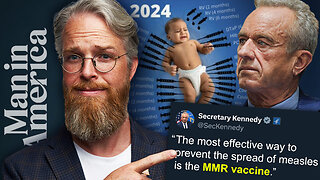 1:01:27
1:01:27
Man in America
11 hours agoMAHA Feels Betrayed by RFK Jr.—What's REALLY Happening? w/ Sayer Ji
72.6K51 -
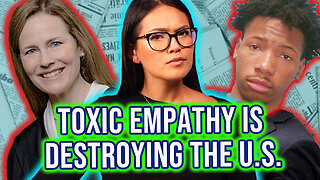 1:15:15
1:15:15
Savanah Hernandez
8 hours agoToxic Empathy Is Ruining America
55.8K48 -
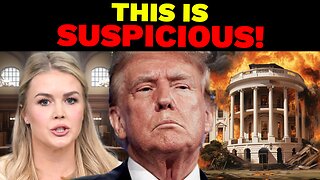 1:39
1:39
Stephen Gardner
11 hours ago🚨BREAKING: Karoline Leavitt MAKES STUNNING announcement about Trump's Assassin!
60.3K22 -
 1:32:10
1:32:10
Joker Effect
7 hours agoRumble is about to get a new genre!! Are you ready to take it on? Time to fight fire with fire!
60.2K8 -
 3:27:44
3:27:44
SilverFox
6 hours ago🔴LIVE - ELDEN RING - ZERO DEATH CHALLENGE - ATTEMPT 5
48.1K -
 17:17
17:17
SantaSurfing
9 hours ago4/8/2025 - Modern Day Wealth Managers! The Rewards of planning and dreaming big!
52.6K18 -
 26:40
26:40
Producer Michael
14 hours agoI WAS ROBBED IN MY NEW HOUSE!
54.7K3 -
 13:00
13:00
SKAP ATTACK
9 hours ago $4.20 earnedMichael Malone FIRED by Nuggets
44.3K1 -
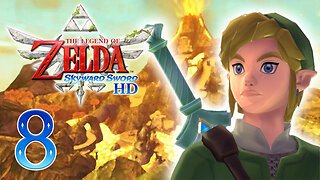 1:11:45
1:11:45
NucleoNick
1 day ago $3.94 earned🟢LIVE NOW! The Legend of Zelda: Skyward Sword - Part 8🟢
27.6K -
 1:28:14
1:28:14
Slightly Offensive
7 hours ago $11.31 earnedShould THEY Be Able to Use SELF-CHECKOUT? | Guest: Hermes
40.1K15